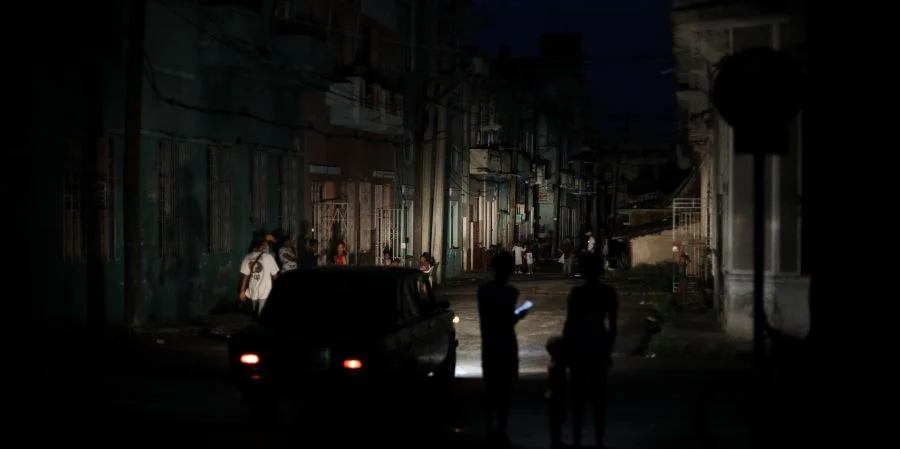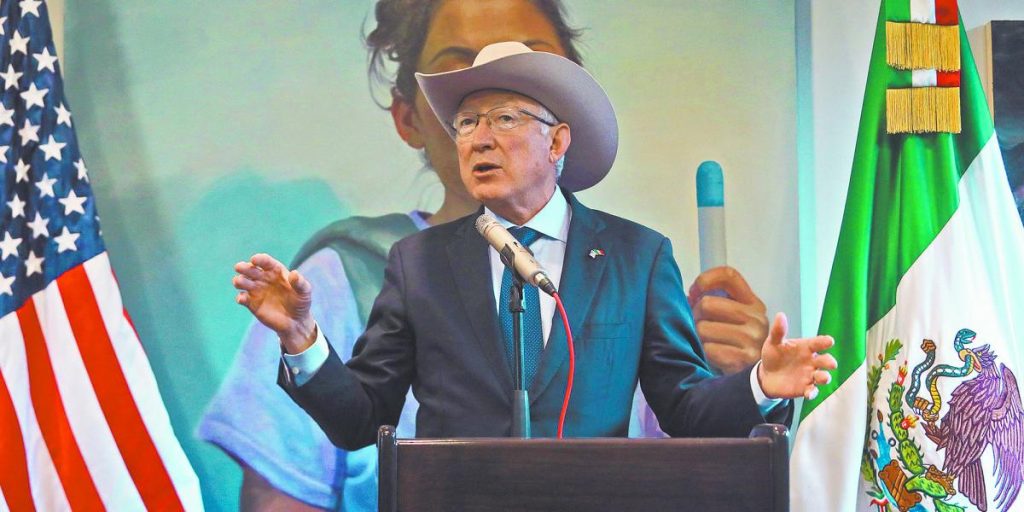MIAMI, United States. – The Electrical Union (UNE) of Cuba advertisement that the blackouts will simultaneously cover 31% of the national territory during peak hours (afternoon-night) this Monday. With this figure, and after a period of minor effects, the deficit once again covers approximately a third of the Island.
The UNE indicated that the interruptions of the electrical service are due to the lack of fuel and breakdowns in the units of the operational terrestrial thermoelectric plants. He also specified that “the effects are again concentrated in the central eastern area due to high energy transfers.”
Specifically, for this Monday the state company calculates a maximum electricity generation capacity of 2,130 MW and a demand of 3,000 MW, for a deficit of 870 MW.
However, the impact (what will actually be disconnected) will reach 940 MW during peak hours this Monday, the UNE specified.
Before the total blackout on October 18, most of the island’s provinces only had three hours of electrical service a day, a situation to which most of the Cuban territories have returned, with the exception of Havana, the provincial capitals and some localities linked to essential services.
In September, the Island recorded one of the highest electricity service impacts in three months (43%), although still below the 45% impact reported in February of this year. In October the situation became even more critical with blackouts that covered half the country and the “total disconnection” of the National Electroenergy System (SEN).
In May of this year, the Cuban ruler, Miguel Diaz-Canelsaid the country would experience “prolonged” power outages until June due to maintenance work on the energy system. This measure, according to authorities, seeks to reduce interruptions during the months of July and August, when consumption is highest.
“We are going to have extended maintenance until the month of June to minimize the annoyance of blackouts in the summer, especially in the months of July and August,” Díaz-Canel said in the sixth episode of his podcast. From the Presidency. The governor made it clear that the total absence of blackouts cannot be guaranteed: “We cannot commit to there being no blackouts. Due to the current conditions of the system, that commitment is not possible now,” he declared.
The blackouts further complicate the country’s already tense energy situation and not only deteriorate the economic performance of Cuba, which has been mired in a serious crisis for years, but have also been the trigger for anti-government protests. The most notable ones occurred on July 11, 2021the largest in decades, and most recently on March 17 in Santiago de Cuba and other locations.














